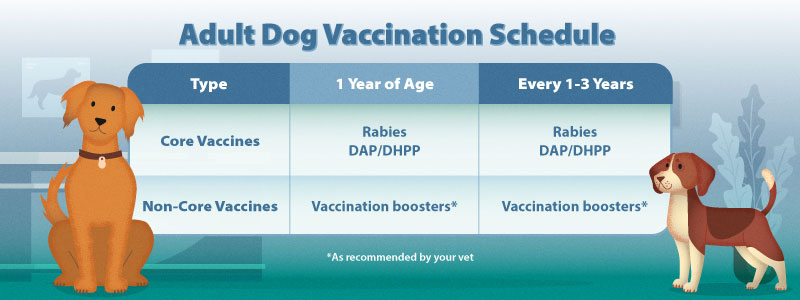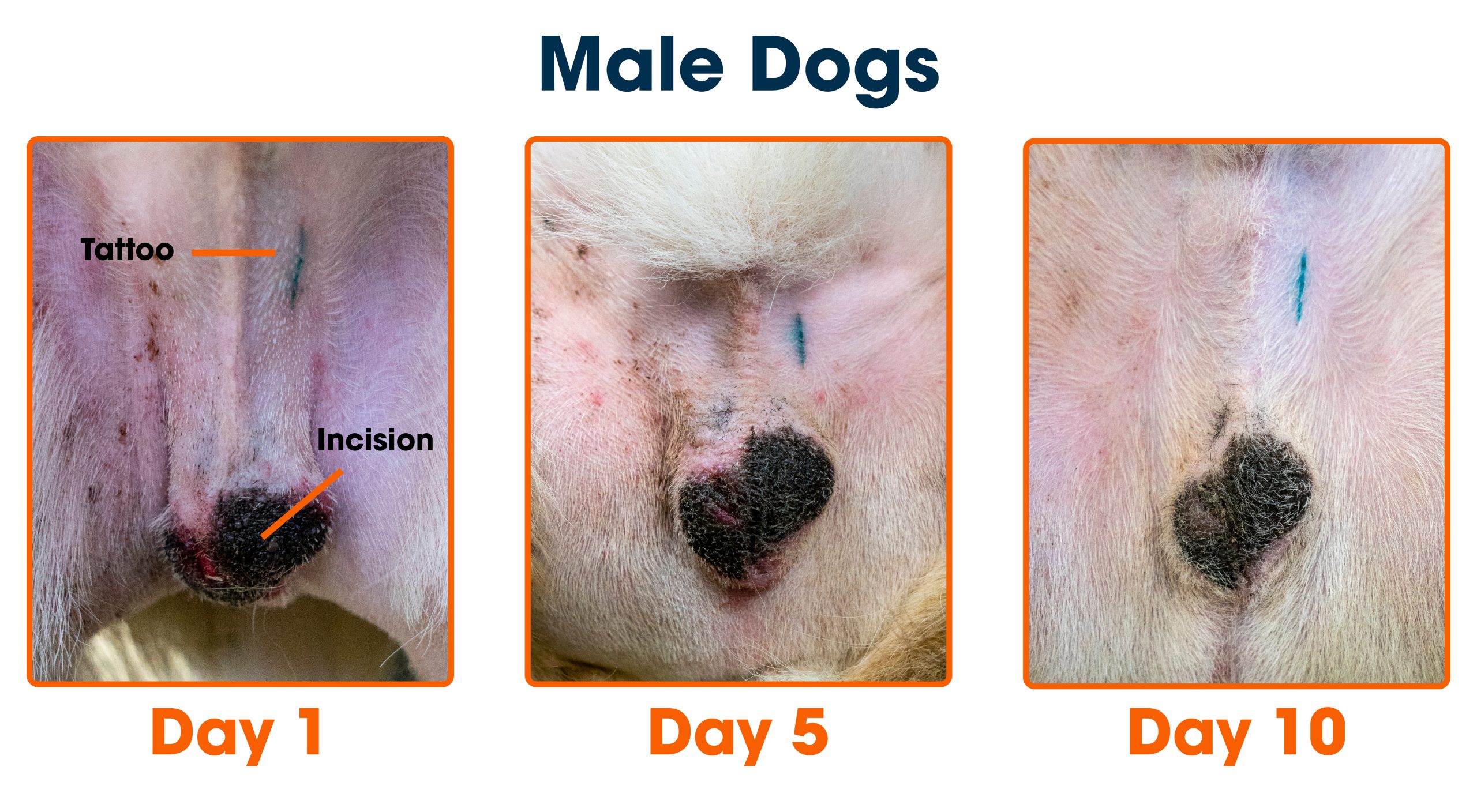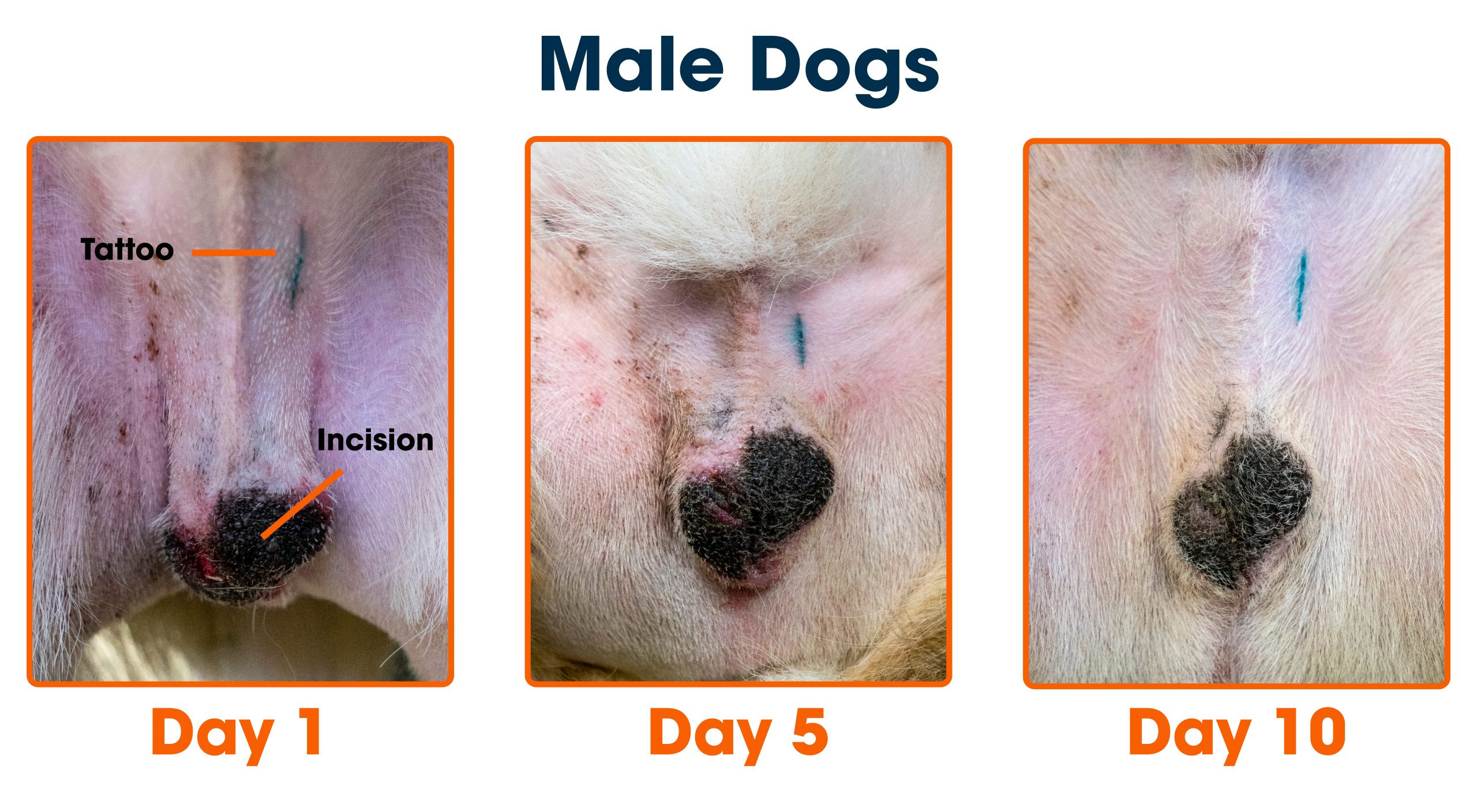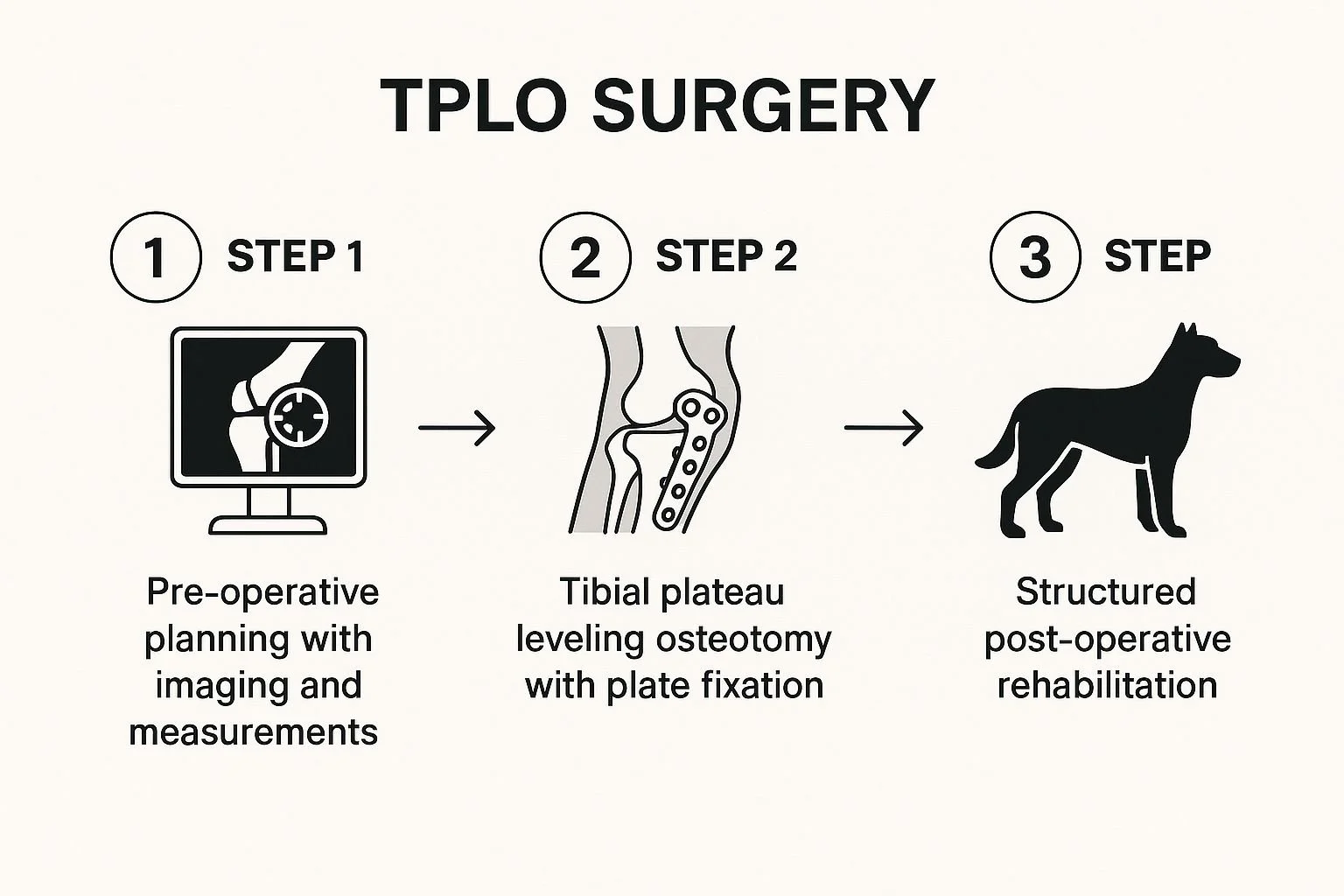How often should you take your dog to the vet? It’s a question every pet owner wonders about.
You want to keep your furry friend healthy and happy, but how do you know if you’re doing enough? Missing check-ups could mean overlooking serious health problems, while too many visits might cause unnecessary stress for both you and your dog.
You’ll discover the best schedule for vet visits, signs your dog needs extra care, and simple tips to make those trips easier. Keep reading to ensure your dog gets the care they truly deserve.

Credit: www.carecredit.com
Routine Vet Visits
Routine vet visits are essential for keeping your dog healthy throughout their life. These regular checkups help catch health issues early and ensure your pet’s vaccinations and preventive care are up to date. Knowing how often to visit the vet depends largely on your dog’s age and individual health needs.
Puppy Checkups
Puppies need the most frequent visits to the vet. Typically, you should take your puppy every 3 to 4 weeks until they are about 16 weeks old.
During these visits, your vet will:
- Administer core vaccinations
- Check for parasites and overall growth
- Discuss nutrition and training tips
These early visits build a foundation for your puppy’s health. Skipping them might leave your puppy vulnerable to preventable diseases. Have you scheduled your puppy’s next visit yet?
Adult Dog Exams
After puppyhood, adult dogs usually need a vet exam once a year. This yearly visit includes a physical exam, dental check, and updated vaccinations.
Your vet may also recommend blood tests to catch hidden problems early. If your dog has chronic conditions, more frequent visits might be necessary.
Pay attention to any behavior changes or signs of illness between visits. Prompt vet attention can prevent minor issues from becoming serious.
Senior Dog Care
Senior dogs require closer monitoring, typically every 6 months. Aging pets are more prone to arthritis, kidney problems, and other health issues.
During senior visits, vets focus on:
- Weight management
- Joint health
- Organ function tests
Regular checkups can extend your dog’s quality of life. Are you noticing any new signs or changes in your senior dog’s behavior? If so, don’t wait to contact your vet.
Vaccination Schedule
Vaccination is key to keeping your dog healthy. It protects them from many serious diseases. A clear vaccination schedule helps you know when your dog needs shots. Puppies start vaccinations early, and adults need boosters. Regular vet visits ensure your dog’s vaccines are up to date.
Core Vaccines
Core vaccines protect against common and dangerous diseases. They include:
- Distemper
- Parvovirus
- Adenovirus (hepatitis)
- Rabies
Puppies usually get these shots starting at six to eight weeks old. They need multiple doses until about 16 weeks. Adult dogs get core vaccines every one to three years.
Optional Vaccines
Optional vaccines depend on your dog’s lifestyle and location. These vaccines protect against less common diseases. Examples include:
- Bordetella (kennel cough)
- Lyme disease
- Leptospirosis
- Canine influenza
Your vet helps decide which optional vaccines suit your dog. Dogs in high-risk areas may need more protection.
Booster Shots
Booster shots keep immunity strong. They remind the immune system to fight diseases. Most core vaccines need boosters every one to three years. Optional vaccines may require annual boosters.
Track your dog’s vaccination dates. Set reminders for booster shots. Staying on schedule prevents gaps in protection.
Dental Health
Dental health is a key part of a dog’s overall well-being. Poor dental care can cause pain and lead to serious infections. Dogs can develop plaque and tartar that harm their teeth and gums. Regular dental check-ups help catch problems early. Knowing the signs of dental issues helps you act fast. Visiting the vet for professional cleanings keeps your dog’s mouth healthy. Healthy teeth mean a happier, more comfortable dog.
Signs Of Dental Issues
Watch for bad breath that won’t go away. Check if your dog drops food or has trouble chewing. Notice swollen or bleeding gums around teeth. Look for loose or broken teeth. Your dog may paw at their mouth or show less interest in eating. These signs mean a vet visit is needed soon.
Professional Cleanings
Vets clean your dog’s teeth deeply under anesthesia. They remove plaque and tartar that brushing misses. This prevents gum disease and tooth loss. Cleanings also include a full oral exam. The vet may take X-rays to check below the gum line. Most dogs need professional cleanings once a year. Older dogs or those with dental problems may need more frequent visits.

Credit: www.facebook.com
Parasite Prevention
Parasite prevention is a crucial part of keeping your dog healthy and comfortable. Parasites like fleas, ticks, and heartworms can cause serious health problems if left unchecked. Regular visits to the vet help you stay ahead of these threats and protect your furry friend from discomfort and disease.
Flea And Tick Control
Fleas and ticks are more than just a nuisance—they can spread infections and cause allergic reactions in your dog. Your vet can recommend effective treatments tailored to your dog’s lifestyle and local environment. These options include topical treatments, oral medications, and collars that repel parasites.
Checking your dog regularly at home is important too. Have you noticed small dark spots or excessive scratching? These could be signs of fleas or ticks hiding in your dog’s fur. Don’t hesitate to bring your dog to the vet if you spot anything unusual.
Heartworm Testing
Heartworms are a silent danger that can seriously harm your dog’s heart and lungs. Testing for heartworms during your vet visits ensures early detection, even before symptoms appear. The vet usually recommends annual testing, especially if your dog spends time outdoors or lives in areas where heartworms are common.
Preventive medication is available and highly effective. Have you ever skipped heartworm prevention because your dog stays mostly indoors? It’s worth discussing with your vet because mosquitoes can find their way inside too. Staying consistent with testing and prevention keeps your dog safe from this hidden threat.
Behavioral And Nutritional Checks
Regular behavioral and nutritional checks during vet visits are key to keeping your dog healthy and happy. These checks help catch early signs of health issues and ensure your dog’s diet supports their lifestyle. They also give you a chance to discuss any changes you’ve noticed in your dog’s behavior or appetite.
Weight Management
Maintaining a healthy weight is crucial for your dog’s overall well-being. Vets can measure your dog’s weight and body condition score to spot any issues before they become serious. Overweight dogs face risks like joint problems and diabetes, while underweight dogs might have underlying health problems that need attention.
Think about how often you see your dog eating or begging for food. Are they gaining or losing weight unexpectedly? Share these observations with your vet—they can recommend diet changes or exercise routines tailored to your dog’s needs.
Behavioral Concerns
Behavior changes can signal health or emotional issues that require vet attention. If your dog suddenly becomes anxious, aggressive, or withdrawn, it’s important to talk to your vet. They can help identify whether the cause is medical or if you need to consult a behavior specialist.
Have you noticed your dog acting differently after a recent change, like moving to a new home or the arrival of a baby? Mention these during visits, as your vet may suggest strategies or treatments to help your dog adjust smoothly.
Emergency Vet Visits
Emergency vet visits are critical moments that need quick action. Knowing when to act can save your dog’s life. Emergencies happen suddenly and can be scary for any pet owner. Being prepared helps you respond calmly and effectively.
When To Seek Immediate Care
Seek immediate care if your dog shows serious symptoms. Do not wait or try home remedies for these signs:
- Difficulty breathing or choking
- Uncontrolled bleeding
- Seizures or collapse
- Poison ingestion or suspected poisoning
- Severe vomiting or diarrhea lasting over 24 hours
- Inability to stand or walk
- Severe pain or swelling
- Sudden blindness or eye injury
These signs mean your dog needs urgent veterinary care.
Common Emergency Signs
Recognize common emergency signs to act fast. Watch for these symptoms:
| Symptom | What It Might Mean |
|---|---|
| Labored breathing | Possible airway blockage or heart problem |
| Excessive drooling | Poisoning or nausea |
| Swollen abdomen | Internal bleeding or bloat |
| Persistent coughing | Heart or lung issues |
| Unresponsiveness | Severe injury or illness |
Act quickly if you notice these signs. Prompt vet care improves your dog’s outcome.

Credit: www.lilyskitchen.co.uk
Frequently Asked Questions
How Often Should Puppies Visit The Vet?
Puppies need vet visits every 3-4 weeks until 16 weeks old. These visits include vaccinations, health checks, and deworming. Regular visits ensure early detection of health issues and proper growth monitoring.
When Should Adult Dogs See The Vet Annually?
Adult dogs should have at least one vet visit per year. Annual check-ups help maintain vaccinations, dental care, and overall health. Early illness detection during these visits improves treatment outcomes.
How Frequently Should Senior Dogs Visit The Vet?
Senior dogs need vet visits every 6 months. Aging pets require closer monitoring for chronic conditions and mobility issues. Regular visits help manage age-related health changes effectively.
What Signs Indicate An Immediate Vet Visit?
Immediate vet visits are needed for symptoms like vomiting, lethargy, or difficulty breathing. Sudden behavior changes, bleeding, or seizures also warrant urgent care. Quick response can save your dog’s life.
Conclusion
Regular vet visits keep your dog healthy and happy. Puppies need frequent checks for vaccines and growth. Adult dogs should see the vet at least once a year. Older dogs benefit from more frequent visits to catch issues early. Always watch for changes in behavior or health.
Early care can prevent big problems later. A healthy dog means a joyful companion for years. Don’t wait for illness—schedule regular vet visits today. Simple steps keep your furry friend safe and strong.







